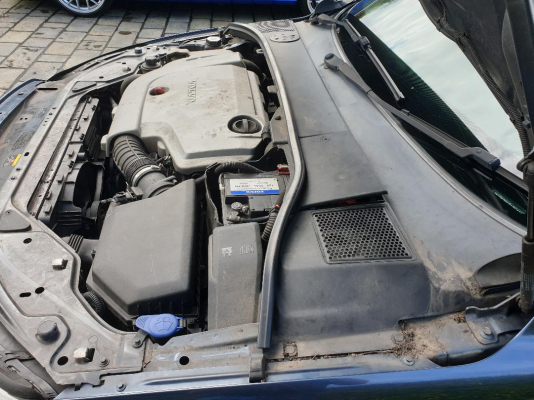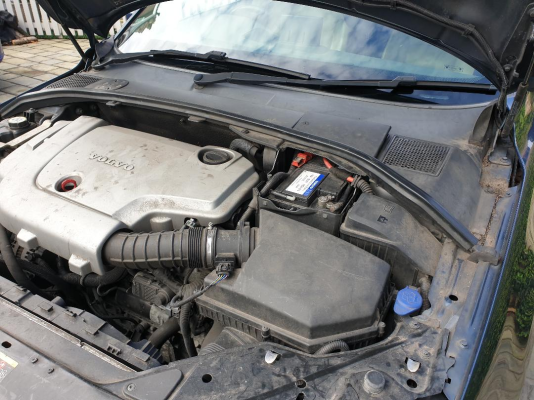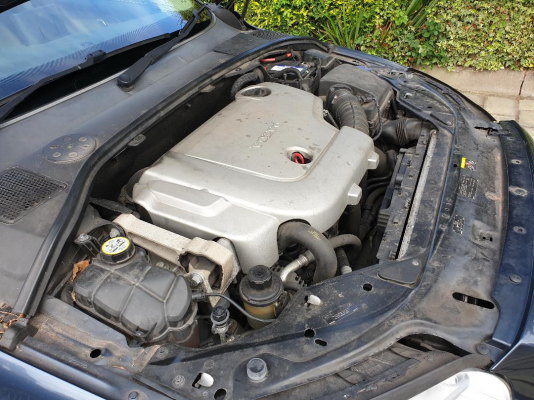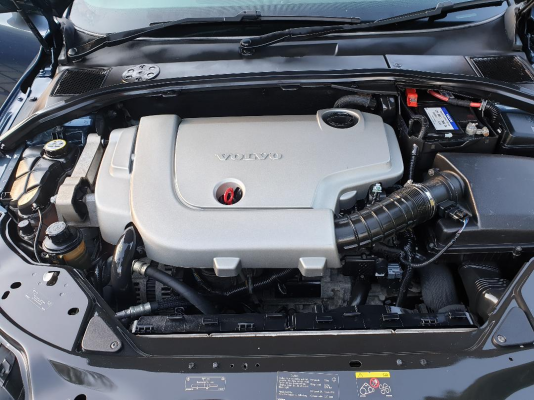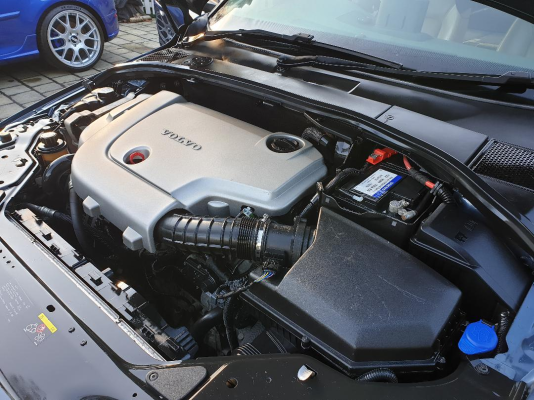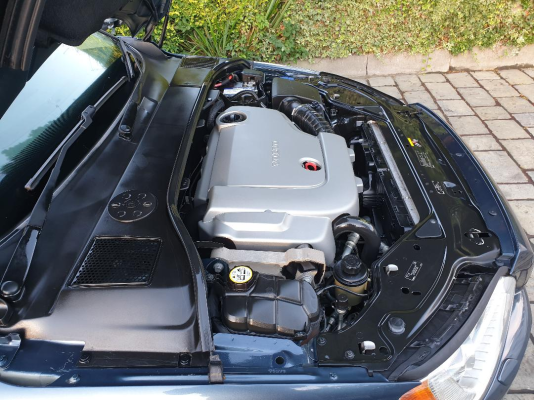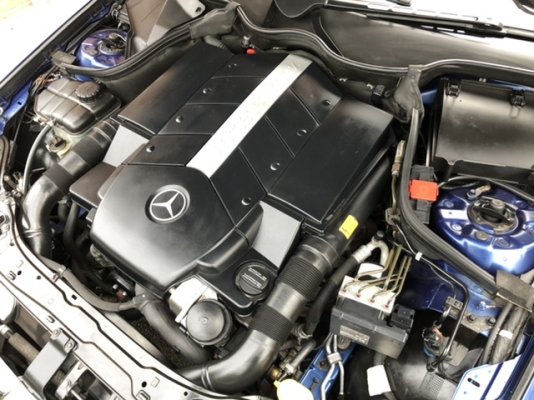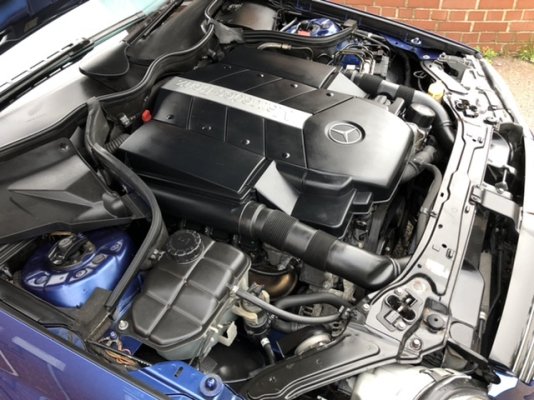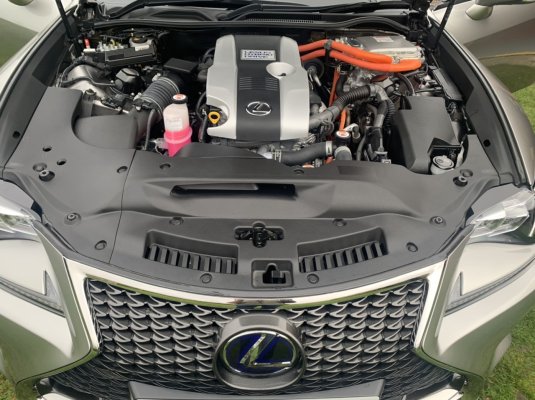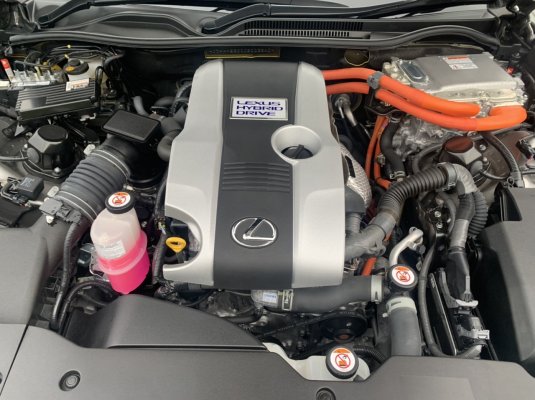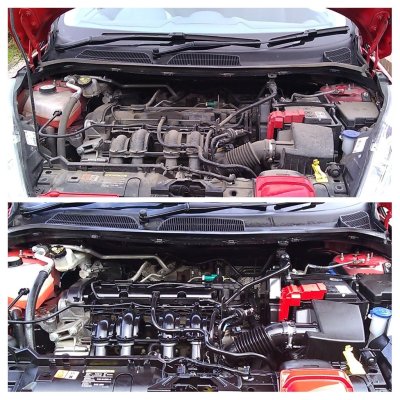QuattroRS6
Member
In the last 35 years or so, I don't think I've ever had a car or van where I haven't cleaned the engine.
It just looks so much better (especially if selling) and makes it easier to spot leaks, etc.
The only casualty I've had, was a 3 year-old 1981 Nissan Bluebird owned by my Mum and it cheered up again after half and hour or so.
In what has become a ridiculous and obsessive quest to find seat comfort, a couple of weeks ago, I bought another set of seats that were attached to a Jaguar XJ8 4.2 Sport.

The car itself is in great condition and has regular main dealer service history.
However, the engine bay was awful. Lots of crud, leaves and even soil in some places.
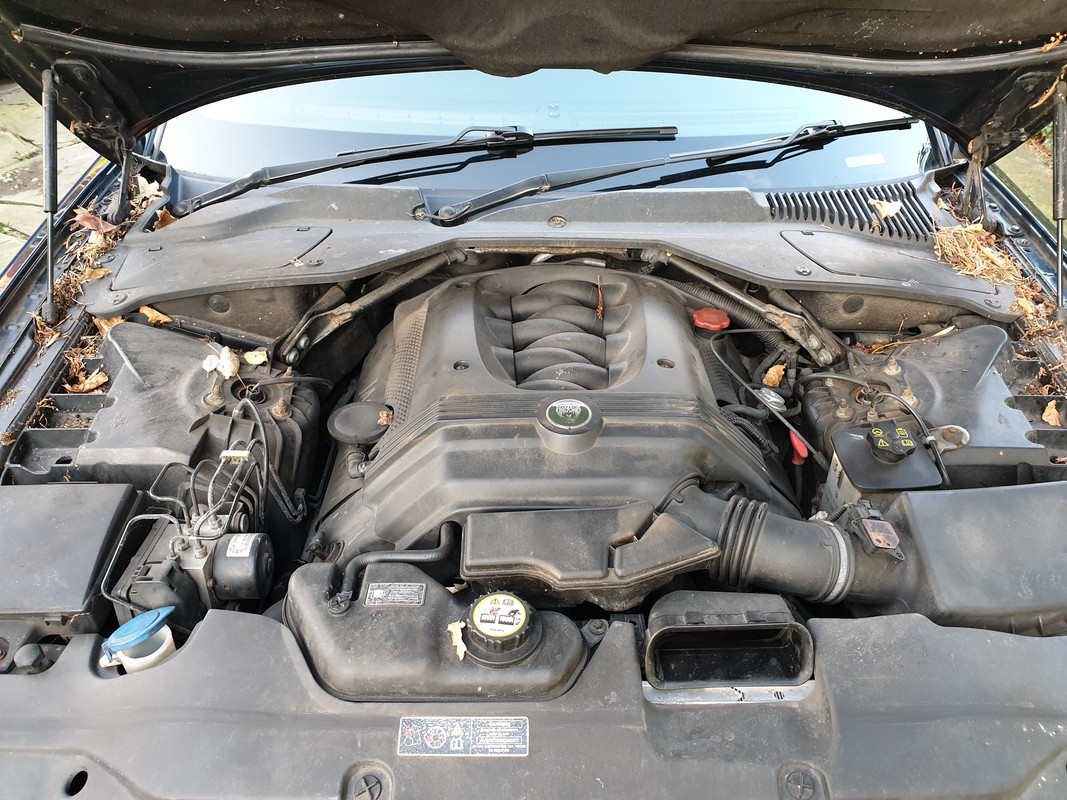
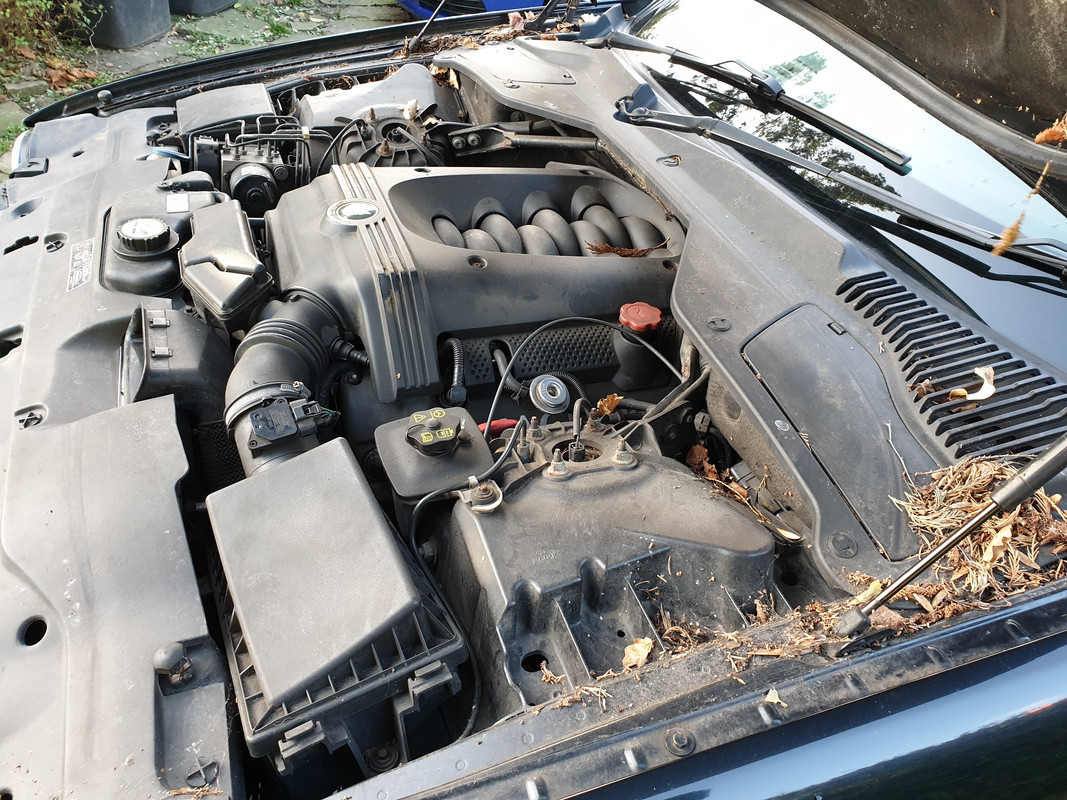
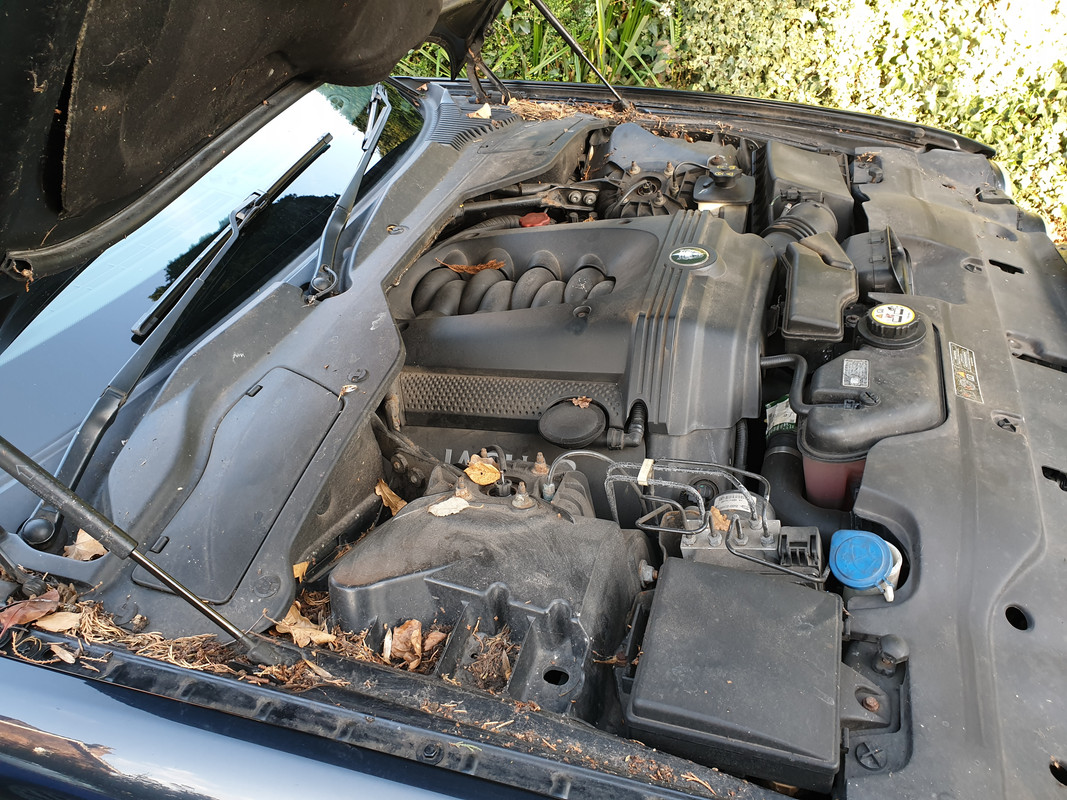
So, after a wash and tickle, remembering to clean behind the ears, it now looks like this.
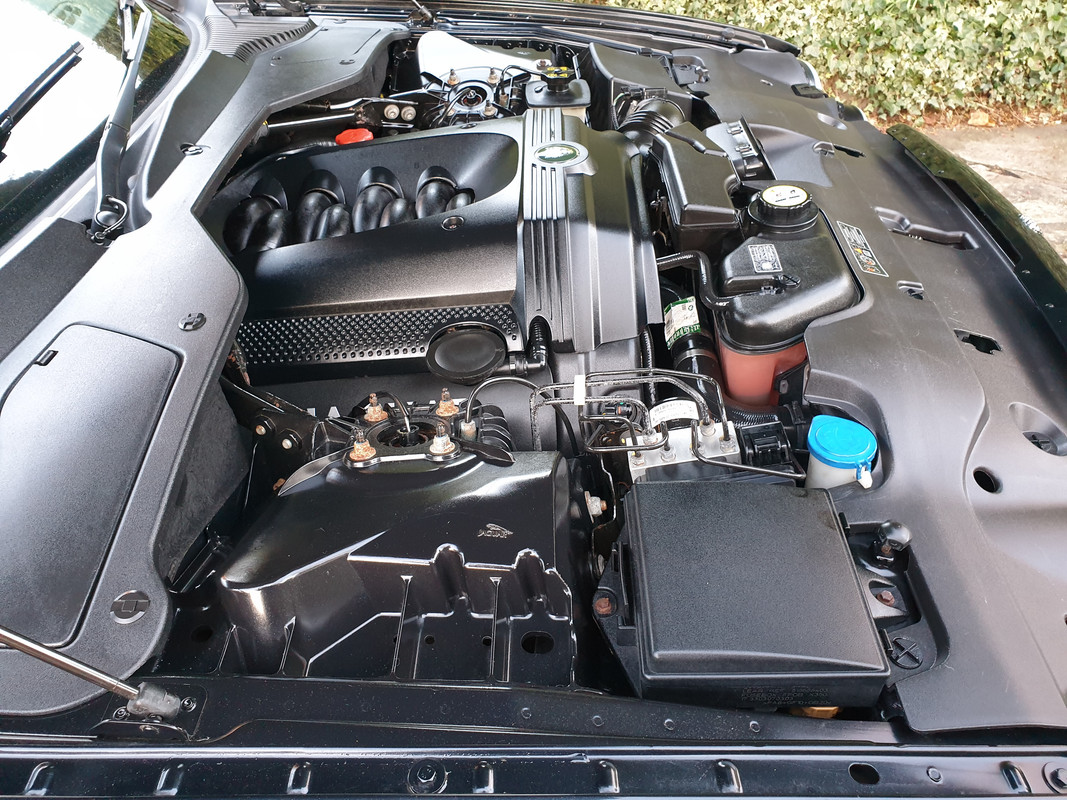
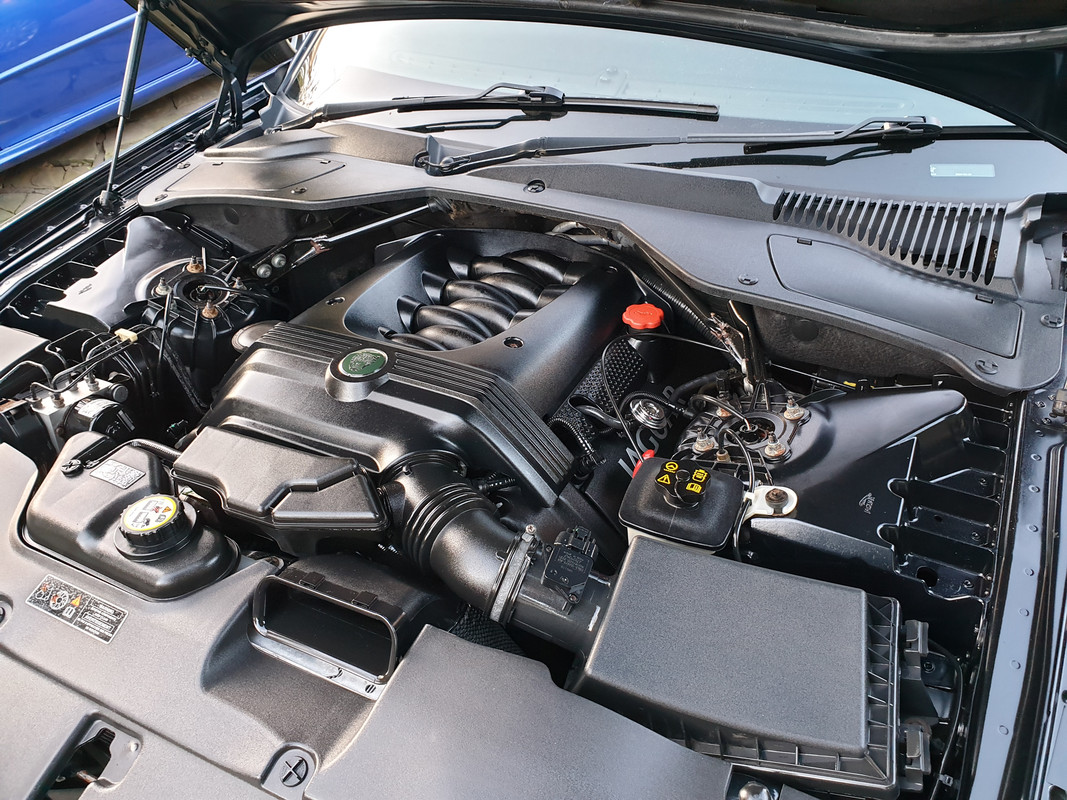
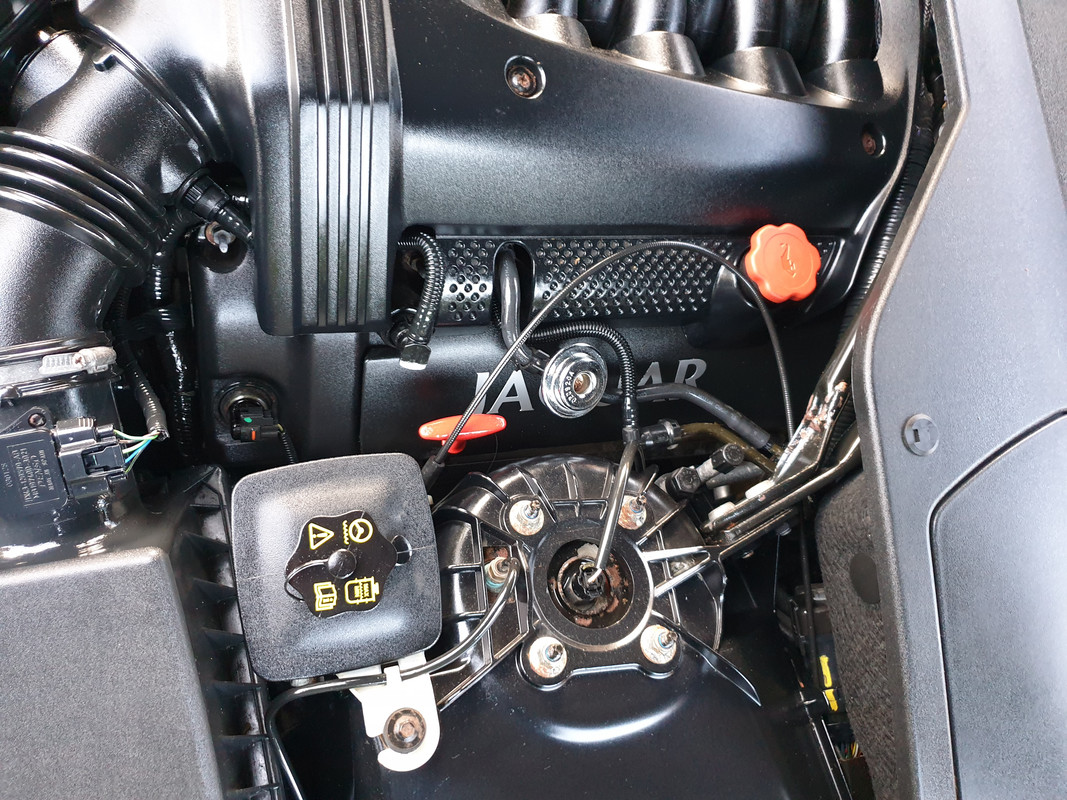
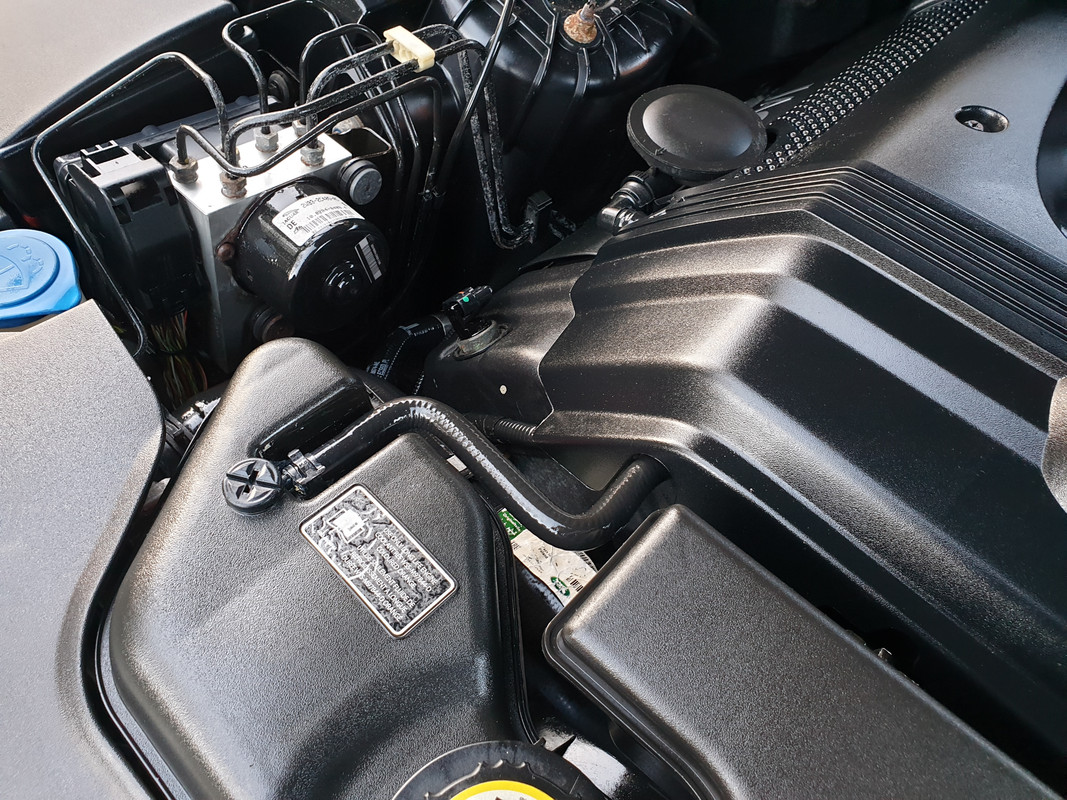
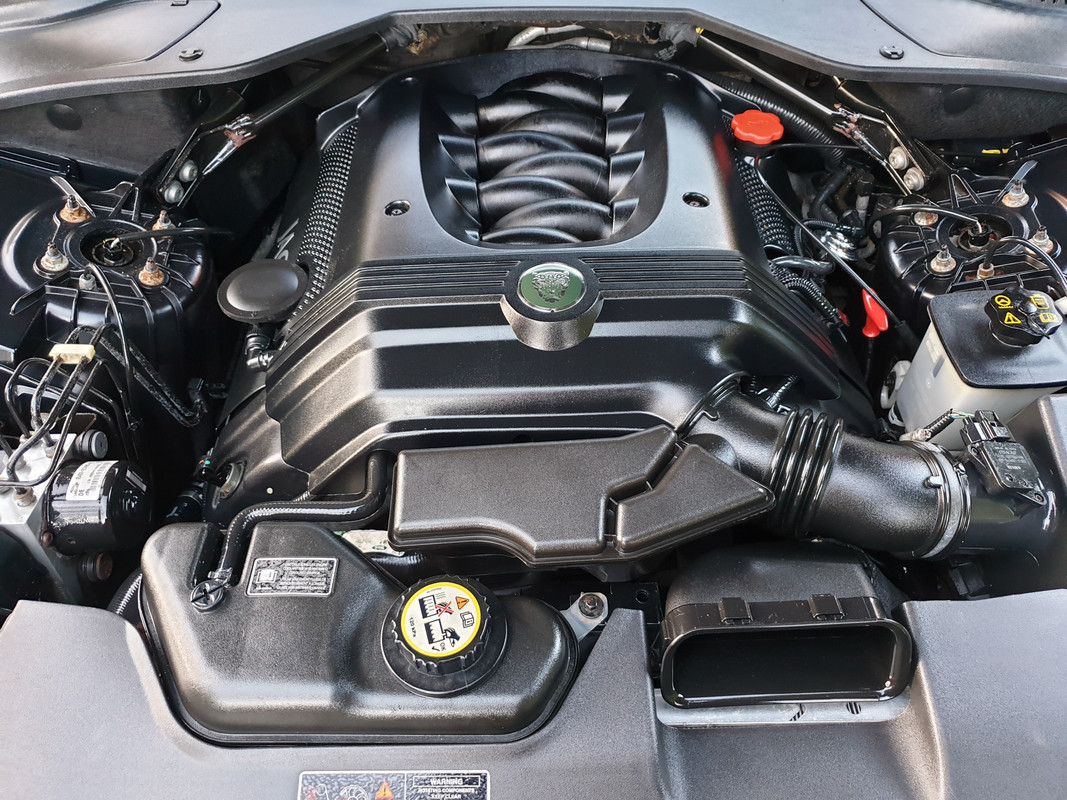
The results are always pretty much the same, but this one was satisfying because it was in such a mess.
I actually couldn't wait to get my hands on it.

That sir is total perfection! What a transformation!
This thread has been a tremendous help as I was extremely reluctant to use a pressure washer in fear of water getting into the electrical connectors etc.
Would you advise to cover these with say, cling film or a plastic bag or is that being over-cautious..?
FYI, I'd drive to Cheshire to watch you work your magic on my engine, then take you for a nice lunch and a pint!
Cheers


